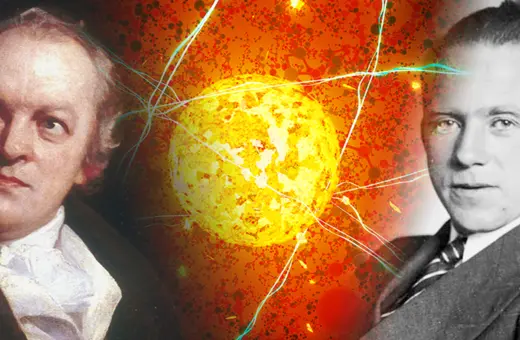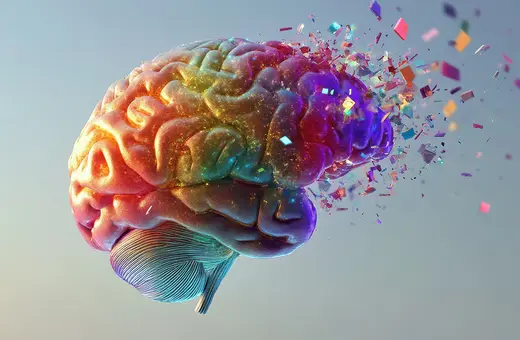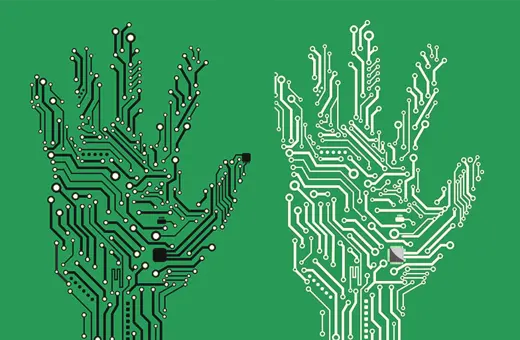We think of science as being an objective account of the world, free from the influence of political and other biases. But things aren’t that simple. Evidence alone doesn’t tell you when you’ve had enough evidence to support a claim, so scientists sometimes have to make judgements that rely on ethical and political values. This realisation shatters our understanding of scientific objectivity as value-free. But not all is lost, argues Stephen John.
"Social distancing and face masks should stay FOREVER says Communist SAGE committee member Professor Susan Michie". The Daily Mail's implication was clear: because she's a card-carrying Communist, Susan Michie can't be trusted. When her politics were raised by an interviewer, Michie's response was simple: "you don’t ask other scientists about politics so I’m very happy to speak about science, which is what my job is, and to limit it to that". For Michie, politics is one thing, science another.
One way to sum up this mini-controversy is in terms of objectivity: the Mail is claiming that Michie can't be objective, but she says she can be. We often think that scientists should be objective, and we associate scientific objectivity with "value-freedom". We think that some scientific claim is objective when the justification for that claim doesn't depend on any ethical or political values. We call a scientist objective when she hasn't allowed her values to influence her reasoning or arguments. These ideas of good science as value-free relate to a broader notion of science as telling us about the way the world really is, stripped of comforting illusions. This image can also justify why science should play an important role in policy. Effective policy needs to be based on our best understanding of the world. Good, objective scientists tell us how the world is. Precisely because they achieve this perspective by ignoring values, they can act as neutral arbiters in politics. So, there's a nice package of ideas, linking politics, science, objectivity and value-freedom, which explain why we care whether Michie can leave her communism at the door.
There's only one problem: that picture is false.
There is no way at all of doing science which doesn't somehow prejudge or assume some ethical or political or economic viewpoint.
How science is value-laden
The example above neatly sums up a general problem in thinking about science, politics and policy. Scientific advisors play a central role in policy-making. In the Covid-19 pandemic, UK government leaders have stressed that they are "following the science". Given their power, it seems important scientists don't let their own political, ethical or economic values influence their advice. It would be deeply undemocratic if, as the Mail implies, Michie sneaked communism into policy via the backdoor of science advice. And that seems a valid concern even if communism is a good idea. On the other hand, scientists are, of course, humans with needs, wants, passions and interests. Can they avoid letting values influence their claims?





















Join the conversation